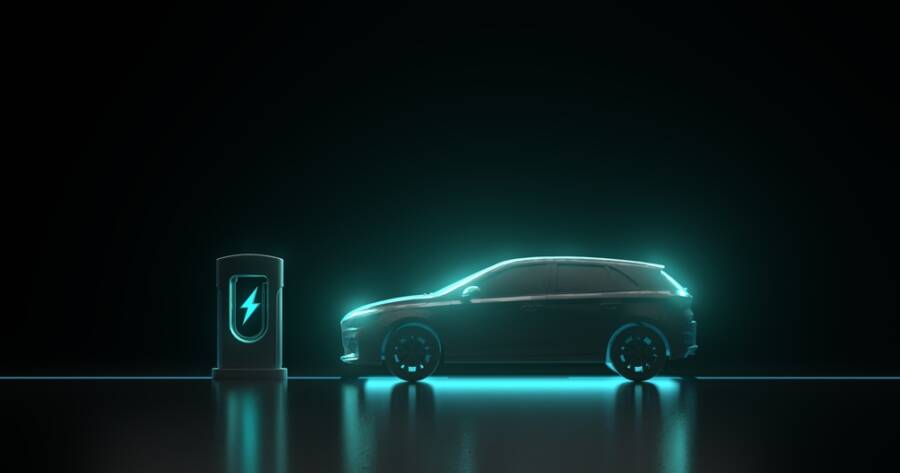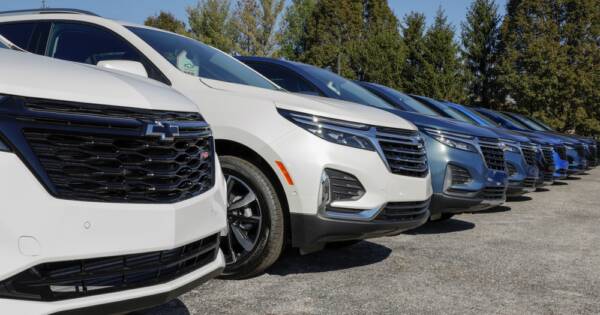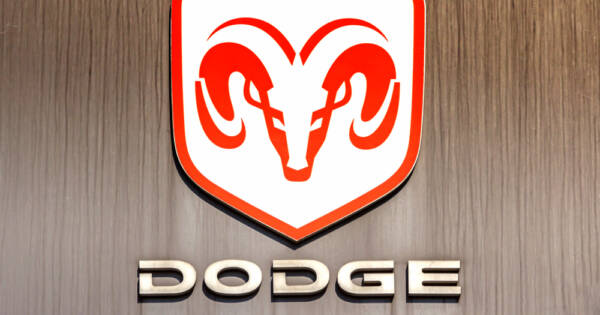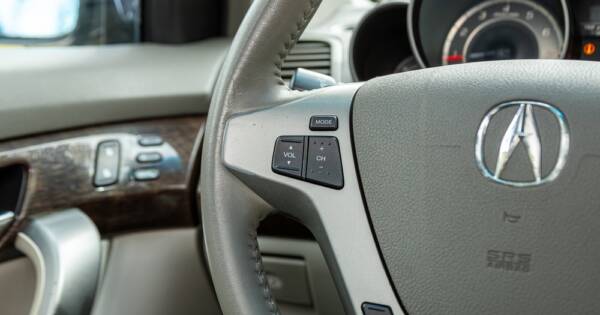Solid-state battery technology is gaining attention as a game-changer for electric vehicles (EVs). With improved energy efficiency, faster charging times, and increased safety, it could transform the EV industry. Leading automakers are actively exploring this innovation to create EVs with longer ranges and quicker charging times. Here’s a look at what makes solid-state batteries unique and which EVs are leading this charge.
What is Solid-State Battery Technology?
Unlike traditional lithium-ion batteries, solid-state batteries use a solid electrolyte instead of a liquid one. This design allows for higher energy density, meaning more energy can be stored in a smaller space. Additionally, solid-state batteries are known for their stability and safety, as they are less prone to overheating and do not have the flammable liquid found in lithium-ion batteries.
Solid-state batteries also charge faster, making them ideal for EVs that need quick and efficient power delivery. With these advantages, solid-state batteries are widely considered the next step forward in battery technology. However, they are still in the research and development phase for mass production, which is why only a few EVs currently feature them.
Toyota’s Vision for Solid-State Batteries
Toyota is one of the frontrunners in solid-state battery development. Known for its early adoption of hybrid technology, Toyota aims to be a leader in battery innovation. The company has been investing in solid-state technology for years, focusing on improving EV range and battery longevity.
Toyota plans to release a line of EVs with solid-state batteries by 2025. These batteries are expected to offer faster charging times and longer ranges than current EV batteries, which could make Toyota’s EV lineup highly appealing to consumers. Toyota is betting big on solid-state technology to boost EV sales and lead the industry with this advanced battery solution.
BMW’s Push Toward Solid-State EVs
BMW has also joined the race for solid-state battery technology, partnering with Solid Power, a company known for its solid-state battery research. BMW aims to integrate solid-state batteries into its EVs by the end of the decade. The automaker is particularly interested in how this technology can enhance battery durability, making EVs more practical for everyday users.
BMW’s investment in solid-state batteries aligns with its vision of sustainable mobility. The company sees this technology as a way to reduce battery weight, increase driving range, and decrease charging times. These improvements would align with BMW’s reputation for high-performance vehicles, making solid-state technology a natural fit for its future EV lineup.
Ford’s Collaboration with Solid-State Innovators
Ford is another automaker looking into solid-state batteries. Ford’s aim is to leverage solid-state technology to increase the efficiency and safety of its EVs, making them more competitive in the growing EV market. While Ford has not released a specific model with solid-state batteries yet, it is investing heavily in research and development.
Ford plans to introduce EVs with solid-state batteries in the second half of this decade. This move aligns with Ford’s commitment to reducing carbon emissions and creating a lineup of EVs that deliver better performance and reliability. Ford’s focus on solid-state technology shows the company’s long-term vision to bring advanced battery solutions to the mass market.
Nissan’s Journey Toward Solid-State EVs
Nissan, known for its pioneering Leaf model, is also exploring solid-state battery technology. The automaker aims to launch EVs with solid-state batteries by 2028, with the goal of achieving more efficient energy storage and faster charging times. Nissan has been researching solid-state batteries to improve the range and overall performance of its EVs, ensuring a better driving experience for customers.
Nissan’s investment in solid-state batteries is part of its broader vision for EV expansion. By adopting this advanced technology, Nissan hopes to stay competitive and address consumer demands for longer-lasting and faster-charging batteries. Solid-state batteries may enable Nissan to create EVs that appeal to a wider audience, especially those concerned with range and battery life.
Challenges Facing Solid-State Battery Adoption
Although solid-state batteries offer numerous benefits, they also face several challenges. Manufacturing solid-state batteries is currently expensive, and scaling up production to meet EV market demands is complex. Solid-state batteries are also sensitive to temperature changes, which can affect their performance and lifespan.
Automakers and researchers are actively working on solutions to these challenges. They are focusing on reducing production costs and improving temperature stability. Once these hurdles are overcome, solid-state batteries could become the standard for EVs, benefiting both manufacturers and consumers with longer-lasting and safer batteries.
The Future of EVs with Solid-State Batteries
Solid-state battery technology holds significant promise for the EV industry. Leading automakers like Toyota, BMW, Ford, and Nissan are making strides in bringing this technology to the mass market.
As these companies continue to tinker, drivers may soon see EVs with better range, faster charging, and improved safety. While challenges remain, the push toward solid-state batteries signals a future where EVs are more efficient and practical than ever before.




